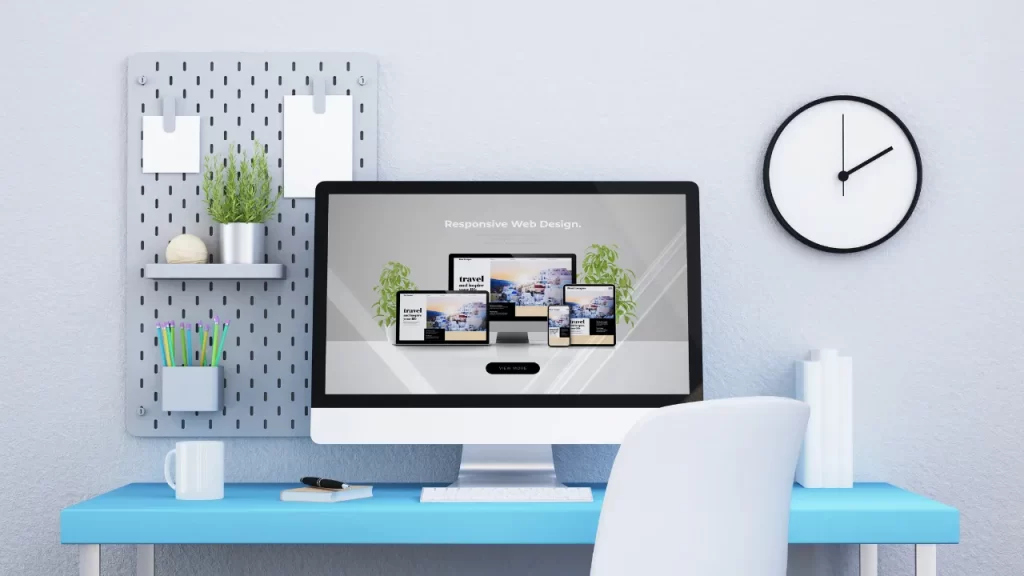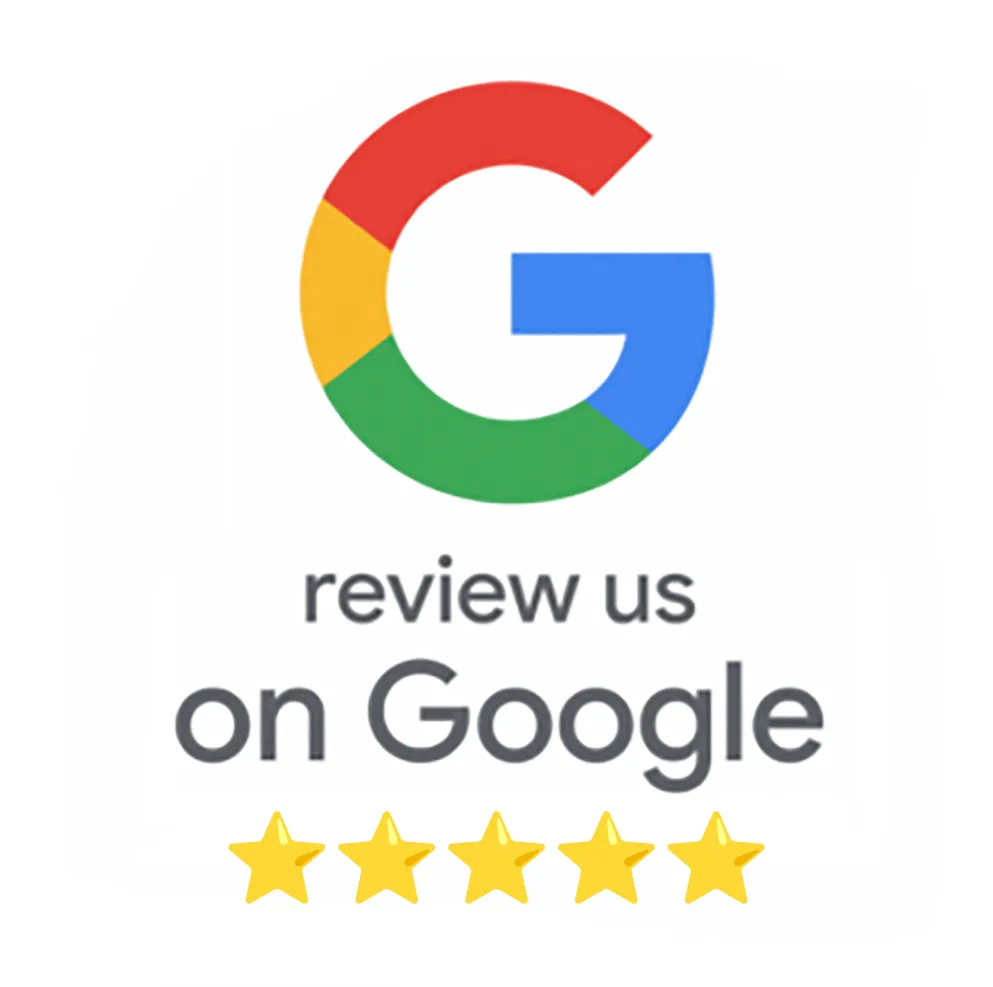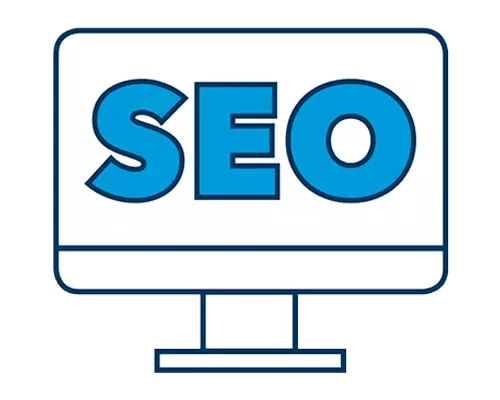You can design your website using a variety of website builders, content management systems (CMS), and professional design services.
The platform you choose will depend on your budget, technical skills, and the complexity of the website you need.
Below are some of the best options for designing a website.
Best Platforms for Designing a Website
1. Wix
Wix is a popular website builder known for its drag-and-drop interface, making it ideal for beginners with no coding experience.
With a range of pre-designed templates, you can easily create a professional-looking website.
Wix also offers free and paid plans, depending on your needs.
Key Features:
- Drag-and-drop editor.
- Access to a wide range of templates.
- Mobile-friendly designs.
- Built-in SEO tools.
Best For:
- Small businesses, freelancers, and personal websites.
- Users with no coding experience looking for a quick and easy setup.
2. WordPress
WordPress is the most widely used content management system (CMS), offering endless customization options.
WordPress.org provides full control over website design with thousands of themes and plugins, while WordPress.com offers a simpler, hosted version with basic features.
Key Features:
- Highly customizable with themes and plugins.
- Ideal for blogs, business websites, and e-commerce.
- Extensive community support and tutorials.
Best For:
- Users who need flexibility and customization.
- Businesses looking for scalable solutions as they grow.
3. Squarespace
Squarespace is a premium website builder known for its beautifully designed templates and ease of use.
It’s a great choice for users who prioritize aesthetics and want a polished, professional look without having to deal with coding.
Key Features:
- Professionally designed templates.
- Built-in e-commerce and SEO tools.
- 24/7 customer support.
Best For:
- Creative professionals like photographers and designers.
- Small businesses focused on visual branding.
4. Weebly
Weebly is another user-friendly website builder that offers a drag-and-drop editor.
It’s great for small businesses or entrepreneurs who need to build a website quickly and easily, especially for e-commerce.
Key Features:
- Drag-and-drop functionality.
- Integrated e-commerce features.
- Mobile-responsive design options.
Best For:
- Entrepreneurs or small businesses setting up online stores.
- Users with minimal technical experience.
5. Shopify
If your main goal is to set up an online store, Shopify is one of the best platforms for creating a professional e-commerce website.
It offers a range of themes and tools to help you manage inventory, process payments, and track orders.
Key Features:
- Built-in payment gateway and e-commerce tools.
- Customizable themes designed for online stores.
- Mobile-friendly and responsive designs.
Best For:
- E-commerce businesses or anyone looking to sell products online.
- Users seeking a dedicated platform for online sales.
6. Webflow
Webflow is a powerful platform that allows designers to build custom, responsive websites visually without having to write code.
It’s a good fit for users who want full design control and are comfortable with a more advanced interface.
Key Features:
- Full customization without coding.
- Responsive design for mobile, tablet, and desktop.
- Clean HTML/CSS code generation for developers.
Best For:
- Designers and developers who want advanced customization.
- Businesses looking for highly interactive websites.
7. GoDaddy Website Builder
GoDaddy offers a simple website builder that integrates with its domain and hosting services.
It’s ideal for users who want an easy-to-use platform with fast setup and minimal maintenance.
Key Features:
- Simple, intuitive editor for quick setup.
- Domain registration and hosting included.
- Basic SEO and e-commerce options.
Best For:
- Small businesses that need a domain and website bundled together.
- Users looking for all-in-one services.
Professional Web Design Services
If you’re looking for a custom-built website with advanced features, hiring a professional web designer or working with a web design agency is an excellent option.
These services are ideal for businesses that need a unique, fully branded website with specific requirements.
Best For:
- Medium to large businesses needing custom features and functionality.
- Websites requiring ongoing maintenance and updates.
Conclusion
You can design your website using a variety of platforms, ranging from beginner-friendly options like Wix and Weebly to more advanced tools like WordPress and Webflow.
For those seeking full control and scalability, WordPress.org or professional web design services are ideal.
Choosing the right platform depends on your technical skill level, business needs, and budget.

















